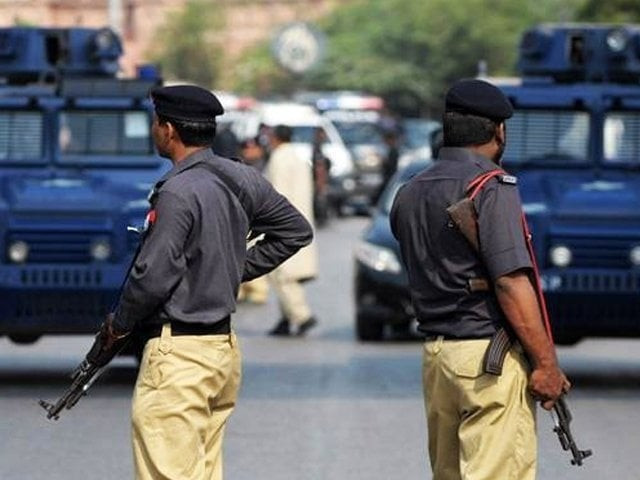
In recent months, the country's most populous city has witnessed an upsurge in street crime, which has prompted concerns over public safety and the apparent lack of law enforcement measures. Incidents of street crime have become rampant across the city, and their CCTV footage becomes viral on social media platforms, day in day out.
Tragically, this escalation of street crime has resulted in loss of lives, as according to official data, 23 individuals have been killed in robbery-related incidents during January and February, of this year, alone.
Furthermore, as per data compiled by the Citizen Police Liaison Committee, an organisation that collects crime data in Karachi, during January and February: a total of 106 fatalities occurred in the city, 11 cases of kidnapping for ransom were reported, a staggering 10,488 motorcycles and 441 cars were stolen, and approximately 4,000 incidents of mobile phone snatching were reported. Responding to the escalating crisis, the Sindh government has announced measures to address the issue, including bolstering police presence through recruitment drives. The Express Tribune learnt from sources familiar with the development that as part of this initiative, approximately 11,000 new police recruits are being enlisted across the province, with 3,885 slated for deployment in Karachi, in the first phase. And in subsequent phases, at least 12,000 new police personnel will be recruited for the port city's 108 police stations, which will double the strength of the city's police force.
However, it is pertinent to mention that Karachi already boasts a police force of 48,000 personnel but only 12,000 officers are available for duty in the metropolis's police stations, as per police sources. To inquire about the deployment of the remaining 36,000 personnel of Karachi's police force, the Express Tribune contacted the Additional Inspector General Karachi, Khadim Hussain Rind, but did not hear back from him. Nevertheless, police sources, under the condition of anonymity, informed The Express Tribune that the remaining personnel of the Karachi police have been deployed for protocol duties.
Therefore, opinions are divided on whether the influx of new recruits will effectively curb street crime. "Mere recruitment drives won't suffice; we need comprehensive improvements in the police system," emphasised Qazi Khizar, Vice Chairperson of the Human Rights Commission of Pakistan, Sindh. Khizar further asserted the importance of modernising police weaponry, enhancing training programs, and fostering a culture of accountability within police stations.Echoing similar sentiments, Dr Tauseef Ahmad, a former professor and senior columnist, stressed the importance of addressing underlying factors contributing to street crime.
"Halting the influx of illegal weapons and investing in technology-driven projects like the Safe City initiative are paramount," noted Dr Ahmad. The long-delayed Safe City project as highlighted by Dr Ahmad, which aims to enhance surveillance through modern camera installations, has recently garnered renewed attention from the Sindh government. However, while the government has allocated funds for the project's initial phase, the Express Tribune learnt that its full implementation remains a work in progress, with a projected timeline of two years for completion, for the first phase alone.
Published in The Express Tribune, April 2nd, 2024.


















COMMENTS
Comments are moderated and generally will be posted if they are on-topic and not abusive.
For more information, please see our Comments FAQ